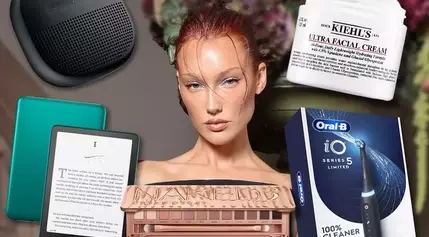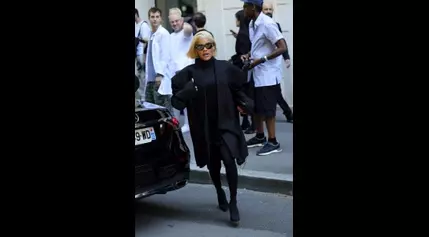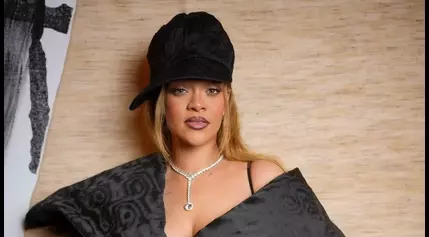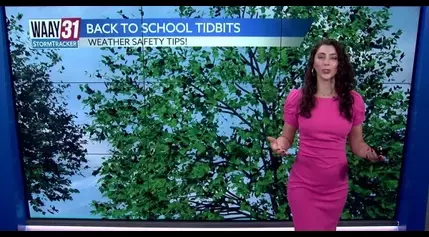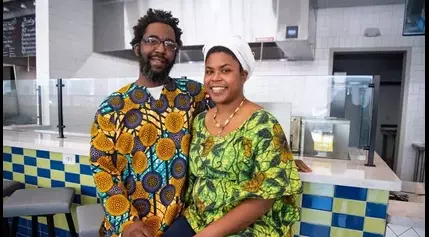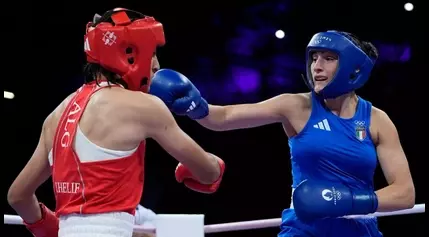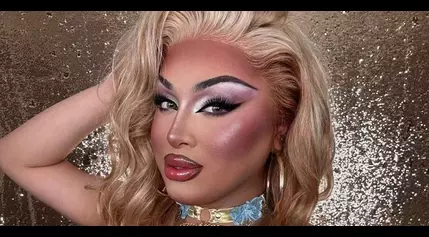Ensuring Fair Use and Protecting Artists' Rights
In today's digital age, the intersection of artificial intelligence and creative industries has sparked intense discussions about copyright infringement. In October 2023, several prominent music publishers, such as Universal Music Group, ABKCO, Concord Music Group, and Greg Nelson Music, took legal action against Anthropic. The lawsuit alleged that the company's AI system, notably the chatbot named Claude, was trained using lyrics from at least 500 copyrighted songs without proper authorization. When users prompted the AI for specific song lyrics, it often returned significant portions or even entire lines from these protected works.
The issue extends beyond mere data ingestion. According to the complaint, Anthropic allegedly tampered with copyright management information associated with the ingested songs, stripping away essential identifiers that would normally facilitate licensing agreements. This practice, the plaintiffs argued, undermined the integrity of their intellectual property. While platforms like Genius already offer public access to lyrics, they operate under formal licensing arrangements that respect the rights of artists and publishers.
A Framework for Collaboration and Oversight
The settlement between Anthropic and the music publishers sets a precedent for how AI companies can work with copyright holders to address potential infringements. Under the terms of the agreement, Anthropic will continue to implement guardrails designed to prevent its AI models from reproducing copyrighted material. These safeguards will apply not only to existing systems but also to any future AI developments the company undertakes.
Maintaining these guardrails is crucial, as they serve as a first line of defense against unintentional misuse of protected content. However, recognizing that no system is foolproof, Anthropic and the music publishers have committed to collaborating in good faith whenever issues arise. If the guardrails prove ineffective in certain instances, both parties agree to cooperate closely to resolve the matter. Should disputes escalate, the court stands ready to intervene and provide a final ruling.
Advocating for Fair Use in Generative AI
Anthropic remains steadfast in its belief that the use of copyrighted material in training generative AI models falls within the realm of fair use. The company maintains that its processes are meticulously designed to prevent infringement while fostering innovation. In a statement to The Hollywood Reporter, Anthropic emphasized that its chatbot, Claude, is not intended for copyright violation and includes multiple layers of protection to mitigate this risk.
This stance underscores a broader debate within the tech and legal communities about the boundaries of fair use in the context of AI development. As Anthropic continues to advocate for its position, the court's upcoming decision on the preliminary injunction could set important precedents for how AI companies approach the use of copyrighted content in training their models. The outcome may influence not only Anthropic but also other players in the rapidly evolving field of generative AI.
Navigating the Future of AI and Intellectual Property
The agreement between Anthropic and the music publishers highlights the ongoing challenges of balancing technological advancement with the protection of creative works. While AI holds immense potential to revolutionize various industries, it also raises complex questions about intellectual property rights. By establishing clear protocols and fostering collaborative efforts, Anthropic and the music industry aim to create a framework that promotes innovation while respecting the contributions of artists and creators.
As the legal landscape continues to evolve, the partnership between Anthropic and the music publishers serves as a model for addressing similar concerns in the future. It underscores the importance of dialogue and cooperation in navigating the intersection of technology and creativity. Ultimately, this collaboration seeks to ensure that AI can thrive alongside the creative industries, fostering a future where both innovation and artistic expression flourish.





